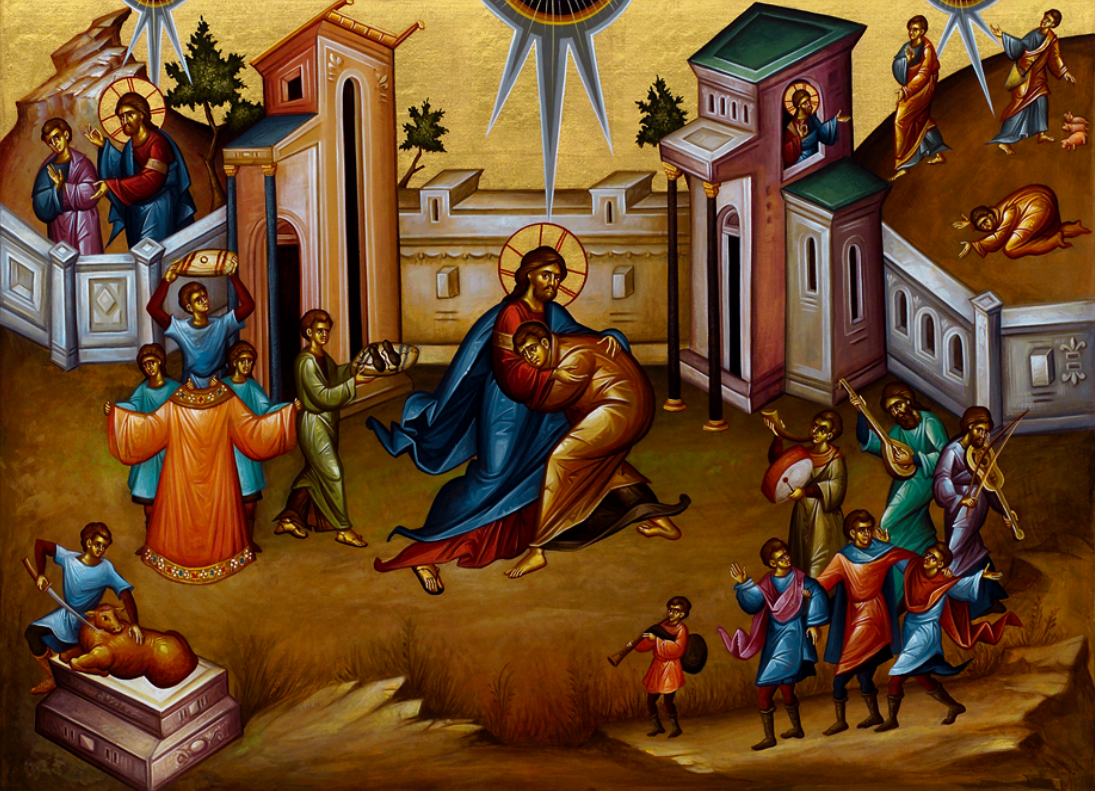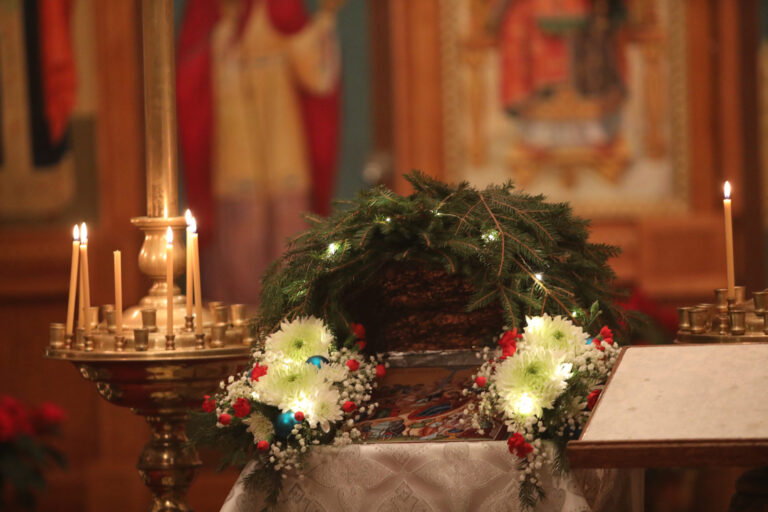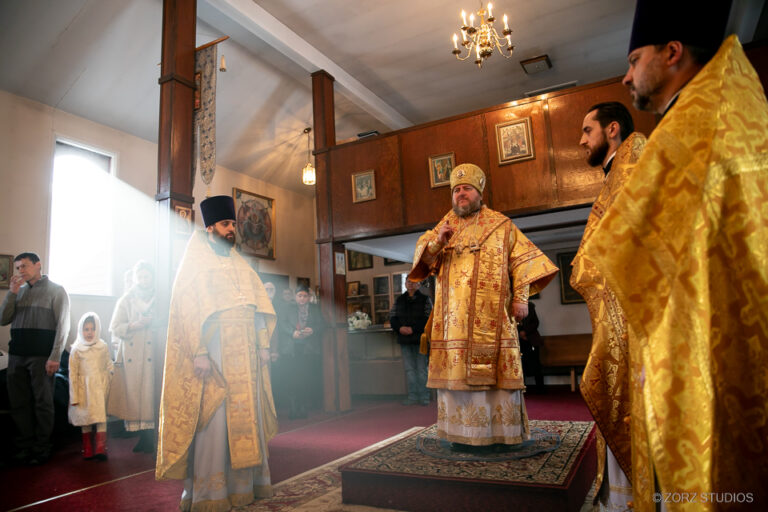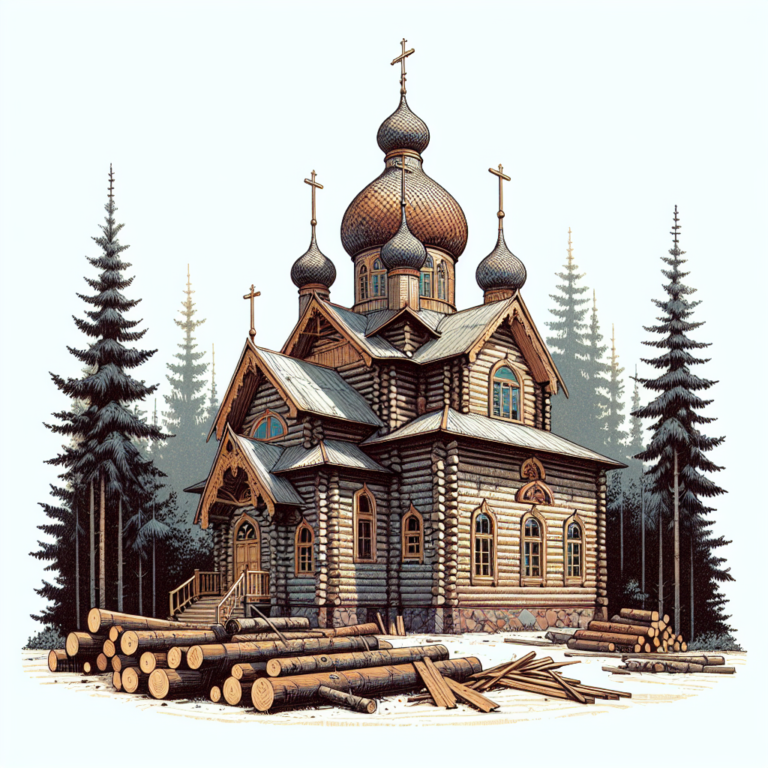Finally, a few remarks about the time when all celebrations are avoided. This is the period of mourning, an outward expression of grief for the deceased. Mourning is categorized as either deep mourning or regular mourning.
Deep mourning is observed for parents, grandparents, spouses, brothers, and sisters. Mourning for a father or mother lasts one year. Mourning for a grandfather or grandmother lasts six months. Mourning for a husband lasts two years, while mourning for a wife lasts one year. Mourning for children lasts one year. Mourning for a brother or sister lasts four months. Mourning for an uncle, aunt, or cousin lasts three months. If a widow, contrary to propriety, remarries before the end of the mourning period for her first husband, she should not invite any guests to the wedding. These mourning periods may be shortened or extended if the dying person gave a special blessing to the survivors before passing, as such final blessings—especially from parents—are regarded with reverence and respect.
In Orthodox families, no important decisions are made without the blessing of parents or elders. From an early age, children learn to seek their parents’ blessing even for everyday matters: “Mommy, I am going to sleep, bless me.” The mother, making the sign of the cross over the child, replies: “May your guardian angel watch over you.” When a child leaves for school, a trip, or another place, the parental blessing accompanies them. If possible, parents give tangible blessings (at their child’s wedding or before their own passing), such as crosses, icons, relics, or Bibles, which become family heirlooms passed down through generations.








